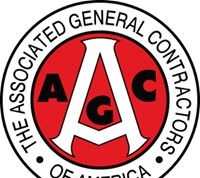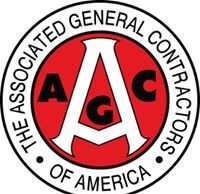WASHINGTON, D.C. – September 27, 2013 – (RealEstateRama) — LISC will be expanding work around housing preservation and healthy food access thanks to a new $4.5 million grant from the CDFI Fund. The funding will support food-related economic development as well as help keep rental housing affordable for low-income families. It connects to our broad-based efforts to make distressed neighborhoods safer, healthier places to live.
NEW YORK (September 26, 2013)—Two new grants from the Treasury Department will help the Local Initiatives Support Corporation (LISC) increase access to healthy food and preserve much-needed affordable housing in low-income communities.
Treasury’s Community Development Financial Institutions Fund (CDFI Fund) today awarded LISC $4.5 million under its Healthy Food Financing Initiative and its Financial Assistance program. The announcement was part of $172 million in CDFI grants to 191 organizations.
LISC will connect the new resources to its broad-based work to make disadvantaged areas better places to live, work, do business and raise families. “Both quality housing and nutritious food are central to any family’s quality of life,” said Michael Rubinger, LISC president and CEO. “With these grants, we can help low-income families live healthier while we create jobs and lift the overall prospects of neighborhoods that have trouble attracting businesses and investment capital.”
Specifically, LISC will use its $3 million healthy food grant to bring food-related economic development to food deserts. It means LISC can offer low-cost loans to develop grocery stores, farmers markets, food coops and other related enterprises in places starving for new options. LISC will also use part of the grant to help seed promising new programs focused on healthy food for low-income families.
As for housing, LISC will use its nearly $1.5 million Financial Assistance grant to help preserve affordable rental units at risk of being lost—either because they could transition to high-cost market-rate units or deteriorate into substandard conditions. Efforts will particularly target projects that are already part of the Low Income Housing Tax Credit or other HUD or USDA Rural Housing programs.
“This capital is important not just because of what it can do directly—though that’s significant—but because of the millions of dollars in private investments it will help attract,” Rubinger said. “With it, we can make sure thousands of homes remain affordable for families struggling to lift themselves out of poverty and give those families the chance to live better.”
About LISC
LISC combines corporate, government and philanthropic resources to help nonprofit community development corporations revitalize distressed neighborhoods. Since 1980, LISC has invested $12.9 billion to build or rehab 298,300 affordable homes and apartments and develop 49 million square feet of retail, community and educational space. For more, visit www.lisc.org.
Contact:
Amy Gillman (Healthy Food)
212-455-9840 or
Larry Oaks (Affordable Housing)
212-455-9844 or
















